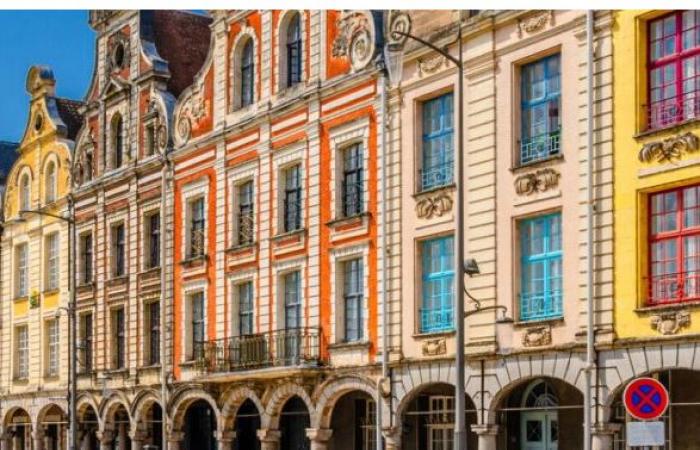A study to assess the local economic gains from the ecological transition: this is what ADEME Hauts-de-France and its partners have proposed to three territories that have initiated ambitious policies in the region.
So, what is the outcome?
This study shows that investing one euro in the ecological transition means, by 2030, between €0.7 and €2 in profits for local businesses depending on the sector. It also reveals the impact on job creation, between around a hundred per year for renewable energies and up to 3,000 for housing renovation, by 2030.
A study, what for?
The challenge was to calculate the local economic impact of the dynamic “third industrial revolution” known as Rev3, in Hauts-de-France in favor of an ecologically and economically sustainable region. Launched in 2013 by the Region and the Chamber of Commerce and Industry, Rev3 aims to bring together around eight pillars of action (ranging from renewable energies to the circular economy) businesses, local authorities and public actors in training and research, citizens and associations.
Three territories have joined forces with ADEME to conduct this study:
The Amiens metropolitan area for the development of renewable energies;
The Artois Metropolitan Center for the energy renovation of buildings;
The Pays de Saint-Omer for the circular economy.
The study also had another objective: to help the territories better understand their economic fabric from the angle of ecological transition and Rev3, thanks to meticulous field work bringing together, around ADEME, community services but also businesses, local representatives of chambers of commerce, landlords, etc.
Investing in the ecological transition benefits local businesses and their jobs
For the Amiens metropolitan area, which only presents part of the activities linked to the development of renewable energies (maintenance, research, engineering), the development of renewable energies would make it possible to mobilize on average 160 local jobs per year and generate more than €20 million of local production for its companies.
For the Artois Metropolitan Pole, the energy renovation objectives are accompanied by a desire to put local companies to work, thus mobilizing more than 3,000 local jobs per year and generating nearly €400 million in local production for its companies. .
In the Pays de Saint-Omer, a historic territory for the paper and cardboard industry, new policies focusing on better local collection would, by relying on around a hundred jobs per year, generate €6.3 million in local production by 2030.
Objective: close cooperation between territories
The study highlights the interest of investing in the ecological transition for its territory but also of identifying relevant cooperation between territories within the framework of transition policies.
An example: for the renewable energy sector, the study showed that if the Amiens metropolitan area can rely on the local fabric for its maintenance needs, concerning engineering, it should seek out skills in a neighboring territory. The sector would thus be deployed 100% in the same geographical area. A strategy that would fully support the government’s objectives for the decarbonized reindustrialization of the territories.
SOURCE: ADEME INFOS.






